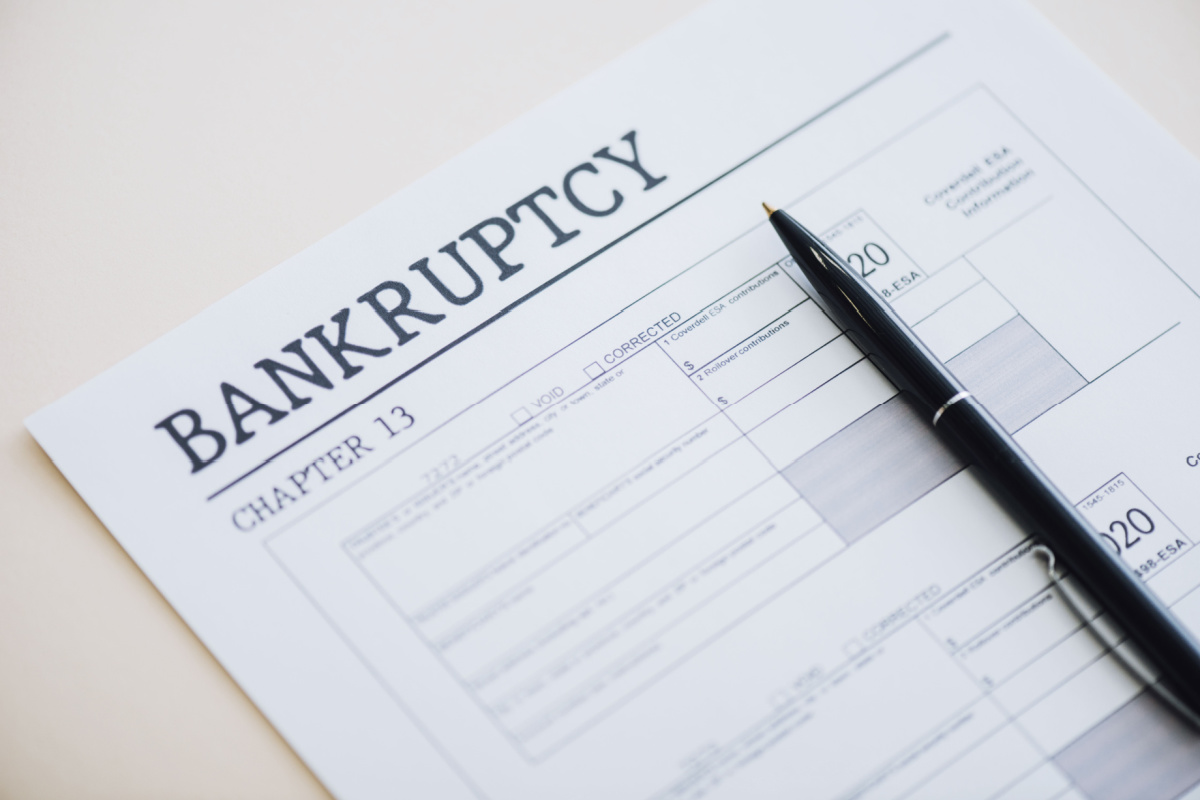





Attorney at Debt Advisors Law Offices
Practice Areas: Chapter 7 Bankruptcy, Chapter 13 Bankruptcy, Stop Foreclosure

Keeping a home during bankruptcy can feel overwhelming, especially when mortgage payments are unaffordable. In Wisconsin, the Mortgage Modification Mediation Program (MMMP) offers Chapter 13 debtors a court-supervised option to restructure their mortgage and potentially avoid foreclosure.
This program runs through the U.S. Bankruptcy Court for the Eastern District of Wisconsin, provides an alternative to private loan modification services and gives debtors and lenders a structured way to negotiate.
Not every debtor will be eligible for MMMP. The program applies only to individuals in Chapter 13 bankruptcy. The debtor must show a regular income, use the home as a primary residence, and carry a mortgage balance of less than $729,750.
The program is voluntary, which means both the debtor and the lender must agree to take part. These criteria make sure the program is focused on families who have a realistic chance of keeping their homes while continuing to repay debts under a Chapter 13 plan.
The MMMP provides several advantages compared to private mortgage modification companies. First, the program is sanctioned by the bankruptcy court, which gives it accountability and legitimacy.
This eliminates many of the risks debtors face when dealing with private companies that sometimes charge high upfront fees without delivering results.
Possible benefits of MMMP include a restructured mortgage that may involve a lower interest rate, forgiveness of part of the principal, or new repayment terms that better match the debtor’s income.
Mediation is also conducted on a strict timeline, often within 60 days, which prevents delays. Communications in mediation are privileged, meaning they cannot later be used against a debtor in court.
Finally, if a lender agrees to participate but then fails to act in good faith, the bankruptcy court has authority to impose sanctions.
Despite its advantages, MMMP is not a guaranteed solution. Participation is voluntary, and a lender may decline involvement. The program has strict deadlines for payments, which leaves little room for error.
If a debtor misses a payment during the mediation period, the court can issue an Affidavit of Default, sometimes referred to as a “doomsday provision,” that quickly places the property back into foreclosure.
For some families, this lack of flexibility may create added stress.
The Mortgage Modification Mediation Program (MMMP) operates under the U.S. Bankruptcy Court – Eastern District of Wisconsin. Its rules follow Chapter 13 bankruptcy law, which lets debtors restructure debts while keeping important assets like a home.
This sets it apart from Chapter 7 bankruptcy, where property may be sold to pay creditors.
The Mortgage Modification Mediation Program (MMMP) is authorized by the U.S. Bankruptcy Court for the Eastern District of Wisconsin and offers Chapter 13 debtors a structured opportunity to modify their mortgage.
Participation in MMMP is voluntary for both the debtor and the lender. Eligibility depends on income, mortgage balance, and whether the home is the debtor’s primary residence. The court can sanction lenders that agree to mediation but fail to participate in good faith.
This court-approved structure gives MMMP more credibility than private mortgage modification services. For more details on Chapter 13 requirements, visit the U.S. Courts Bankruptcy Basics.
The table below highlights the major differences between MMMP and private loan modification companies. These differences explain why debtors are often better protected under a court-supervised process.
|
Feature |
MMMP (Court-Supervised) |
Private Loan Modification Company |
| Oversight | Bankruptcy Court supervised | None (private company run) |
| Participation | Voluntary for both debtor and lender | Depends on company willingness |
| Protections | Lender sanctions possible for noncompliance | No enforceable accountability |
| Outcomes | Reduced interest rate, principal forgiveness, modified terms | Varies, often less reliable |
| Legal Standing | Integrated into Chapter 13 bankruptcy framework | Outside court, no legal binding |
| Costs | Part of Chapter 13 process | Often high upfront fees, risk of scams |
For homeowners in Wisconsin, MMMP can be a lifeline. It fits naturally into a Chapter 13 plan by providing a mechanism to adjust a mortgage rather than losing the home to foreclosure.
However, it is important to understand the risks, including the possibility of lender refusal and strict deadlines. If MMMP negotiations fail, foreclosure proceedings may continue.
Debtors should gather accurate information about their mortgage, income, and repayment ability before entering the program. Legal guidance can help debtors assess whether MMMP is the right path and ensure compliance with court rules.
This step is especially valuable because bankruptcy and foreclosure laws can be complex, and the outcome depends heavily on individual circumstances.
It is a court-approved process allowing Chapter 13 debtors to restructure their mortgage through supervised mediation.
Chapter 13 debtors with a primary residence mortgage under $729,750 and a regular income may qualify.
No. Both debtors and lenders must voluntarily agree to take part in the program.
Debtors may receive lower interest, principal forgiveness, or new repayment terms under court supervision.
Lender participation is not guaranteed, and missed payments during mediation may lead to foreclosure.
MMMP is supervised by the bankruptcy court, unlike private companies that often lack accountability.
The Mortgage Modification Mediation Program in Wisconsin gives Chapter 13 debtors a chance to save their homes by restructuring mortgages under court supervision. While participation is voluntary and strict rules apply, the program offers protections and credibility that private services cannot match.
Homeowners facing financial strain should understand both the advantages and limitations before making decisions. Speaking with an experienced bankruptcy attorney in Wisconsin can provide clarity and guidance on whether MMMP is the right option.

Learn about bankruptcy protections, types of bankruptcy, how to get started, what to expect, and who to trust. Filing bankruptcy is the ONLY way to completely eliminate debt. If bankruptcy is right for you, it offers powerful protections that cannot be achieved through alternative solutions such as hardship relief, loans, or debt settlement.